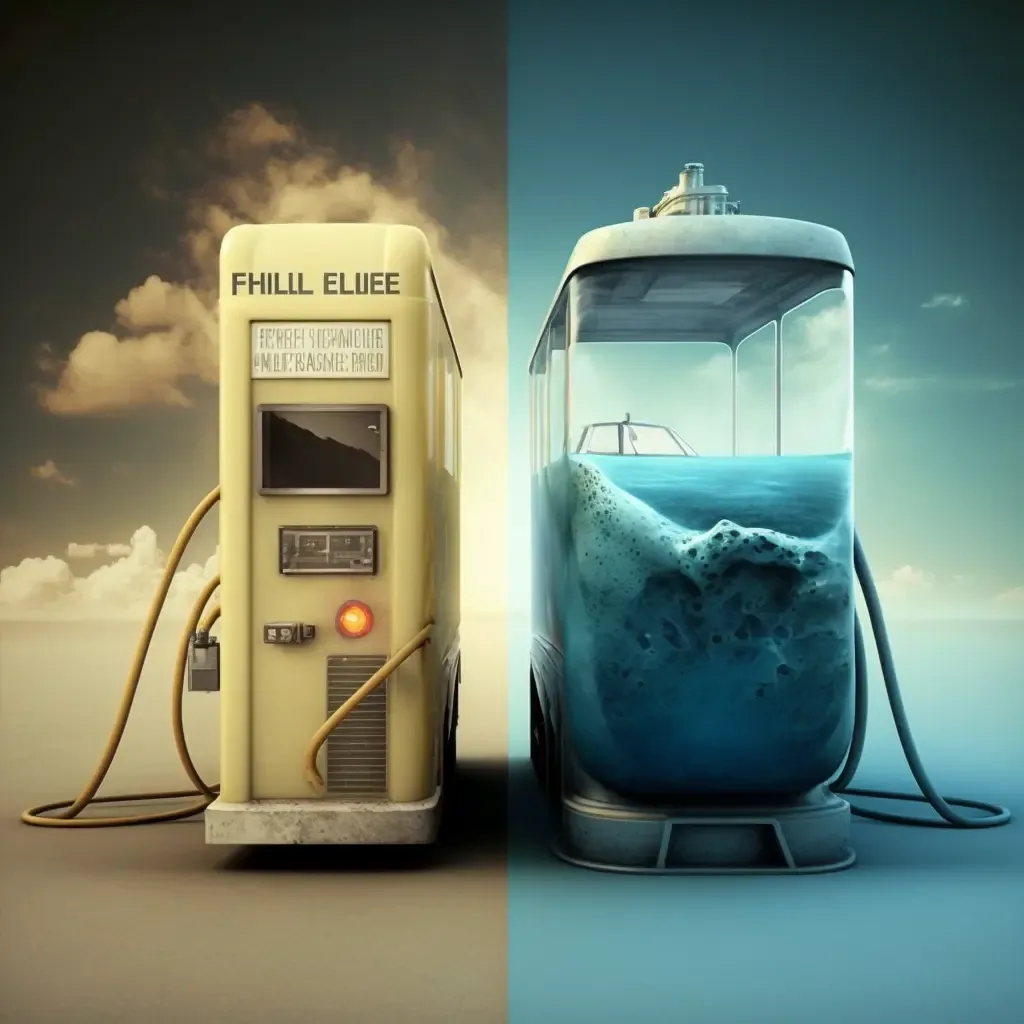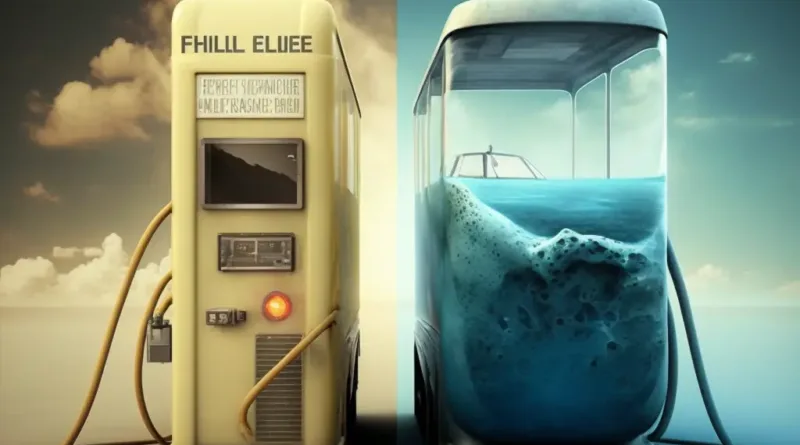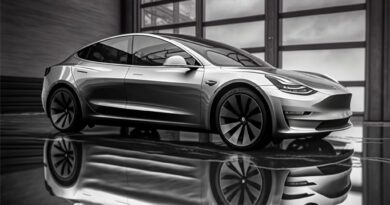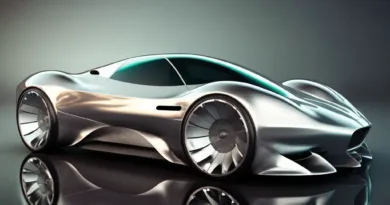Lithium batteries vs hydrogen fuel cells (hfc) in electric vehicles
Here is a comparison of lithium batteries and hydrogen fuel cells as energy storage technologies in electric vehicles
| Metric | Lithium Batteries | Hydrogen Fuel Cells |
|---|---|---|
| Energy density | High | High |
| Recharge time | Relatively long | Quick |
| Range | Limited | Long |
| Production and disposal | Mature technology | Developing technology |
| Safety | Generally safe | Potential safety issues |
| Environmental impact | Moderate | Low |
| Cost | Relatively low | High |

Lithium batteries are a mature technology that are widely used in electric vehicles due to their high energy density and relatively low cost. They can store a lot of energy in a small space, but they take a relatively long time to recharge and have a limited range compared to hydrogen fuel cells.
Hydrogen fuel cells, on the other hand, have a longer range than lithium batteries and can be refilled quickly, but they are a developing technology and are currently more expensive than lithium batteries. They also have the potential for safety issues if not handled properly, and the production and disposal of hydrogen fuel cells has a larger environmental impact than lithium batteries.
Both technologies have their advantages and disadvantages, and the choice of which one to use in an electric vehicle will depend on a variety of factors, including the intended use of the vehicle, the availability of fueling or charging infrastructure, and cost considerations.




